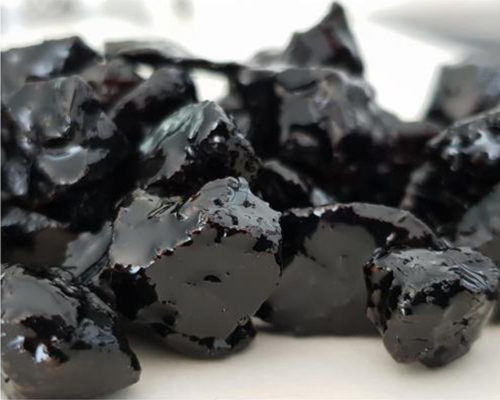Bitumen is a petroleum-grade component often used in the construction of highways and other types of pavements. It is mixed with different aggregates, such as stones, gravel, and sand, to create asphalt.
Aside from being one component of asphalt, bitumen is known for its waterproofing qualities. It is used in a variety of applications as a coating to prevent water damage to different surfaces. To help you learn more about the waterproofing properties of bitumen, we answered some of the most frequently asked questions about this material.
How Does Bitumen-Based Waterproofing Work?
Bitumen-based waterproofing is a process that involves spraying a layer of bituminous coating on pavements and other surfaces that may be prone to water damage. The bituminous coat, once dry, creates a protective layer on the surface and prevents water from seeping into the pavement and other materials. In turn, the surface remains protected from any water damage that may affect its quality.
What is Bituminous Coating?

Bituminous coating is the material used in bituminous waterproofing projects. This component is created by diluting bitumen using petroleum hydrocarbon or kerosene. The process makes the bitumen less viscous and allows it to penetrate asphalt and other surfaces much easier.
How Long Does Bitumen-Based Waterproofing Last?
Bituminous waterproofing typically lasts for a long time. However, the longevity of the coating may depend on the porosity of the surface it was applied to.
Bitumen-based coating applied to porous surfaces, such as pavements and concrete walls, lasts longer. On the other hand, when this type of coating is applied to smoother surfaces, it may not last as long.
The longevity of the material also depends on the surface’s sun exposure. Surfaces that are often subjected to the sun’s heat may not retain their bituminous coating well.
What are the Advantages of Bituminous Waterproofing?
Bituminous waterproofing is one of the most effective ways of weatherproofing various surfaces, including pavements, walls, and roofs. It is also cheaper than other waterproofing options available in the market today.

Additionally, bitumen-based coating is anti-corrosive, easy to apply, and adhesive. This means that you would not have any trouble weatherproofing surfaces that need to be protected from water and other elements.
How to Properly Apply Bituminous Coating for Waterproofing?
To ensure the performance of your waterproofing layer, you need to practice proper application techniques. Here are some of the things you need to do:
- Remove any dust, oil, grease, paint, and contaminants from the surface
- Use a brush or spray to apply the bituminous coating on the surface evenly
- Let the first coat dry for a few minutes or hours before applying the second coat
- Clean any spillages before the coating sets
After letting the last coat of waterproofing dry completely, you can open the road to traffic or allow people to walk on the surface.
Learn More About Bituminous Coating for Waterproofing
For more information on how you can use bitumen to waterproof pavements and other surfaces, turn to us at Rua Seguridad. We have experts in the field who can provide you with the information you need.



